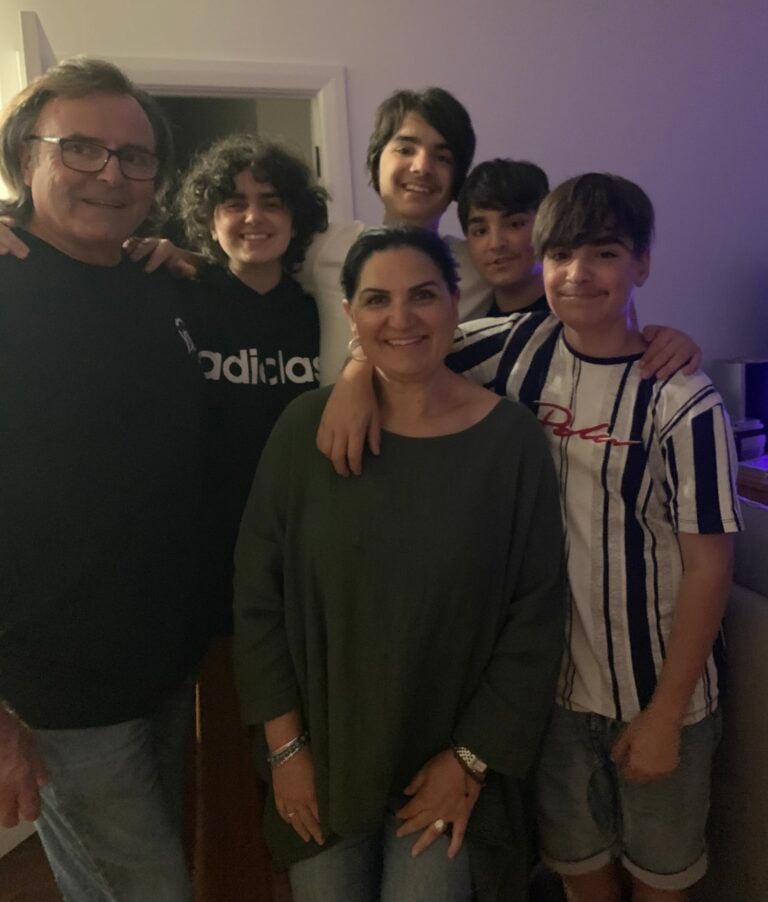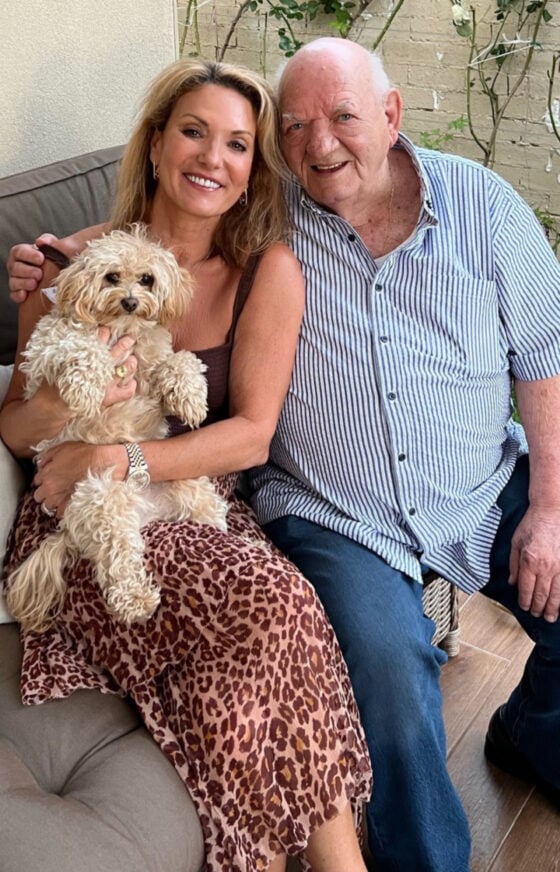Like many Greek Australians, I am part of a culturally mixed family. My partner is of Spanish background. We celebrate Spanish Catholic and Greek Orthodox Easter as markers of our cultural identities and traditions, less so faith. Our son, now twenty, loves Easter the event and it nourishes his identities, Spanish and Greek.
However, the story of the crucifixion and Jesus’ resurrection are important symbolically, not only for those that believe. Rome, a superpower, was so threatened by that poor radical Jewish rabbi, that they killed him, then continue to persecute his followers. This is a scenario played out countless of times in human history. Also, the idea of renewal, rebirth, of Anastasi, is a commanding theme. For however dark things may be, there is always hope.
Easter is also full of personal memories. Holidays in my grandmother’s village in Greece or growing up in Adelaide. Transcendent midnights at church waiting to get the light and keep the candle burning. Then, at wee hours of the morning cracking painted eggs, and eating chicken avgolemono soup after weeks, (or days), of fasting. And on Easter Sunday, lamb on the spit with family and friends.
I love Spanish Easter. The Spaniards eat on Good Friday, we make potaje de garbanzos, a potage of chickpeas, bacalao and spinach, followed by torrijas, made of slightly stale bread, soaked in either milk or sweetened red wine, infused by cinnamon and other spices, then covered in egg, fried, and dusted with sugar and cinnamon.
My son, who carries my father’s name, Anastasios, was baptised Greek Orthodox, not for religious reasons, but for cultural and personal reasons. My father died at the age of 62, and in a sense, he is my father’s resurrection, symbolically.
We always attend Anastasi. The occasion, (like Spanish Good Friday), reminds him of the deep history of his cultural identities.
Charito Saldana, my partner, says that for her “it’s about cultural tradition.”
“Spanish Easter is about being Spanish rather than being religious, even though my father who is now 89 is religious, so it’s also for him.”
Charito enjoys Greek Easter and “the difference between the two traditions.”
“I like the Saturday night, especially the whole notion of breaking the fast – Sunday is more like a get together, but Saturday says Easter to me, it has a mystical feel.”

Georgia, Manuel, Sabastian and Orlando. Photo: Supplied
Connie (nee Pyrlis) Laranjeira, a Hellene of Cypriot and Greek background in Adelaide is married to Nelson, who is of Portuguese background.
“All our four kids are baptised Catholic” she says.
“In the past, it was a traditional time we didn’t eat meat on Friday and had a gathering on Sunday.”
Connie celebrates Catholic Easter with her partner Nelson “for the sake of the kids and respect to tradition.”
Connie has four children, a young woman in her 20s and three boys at high school.
“On Friday we eat fish, even though neither of us are religious, but it’s tradition and we do it out of respect.
“Last Sunday we had Nelson’s mother over and my mother, Nelson woke up on Sunday morning he said Hristos Anesti, (Christ has Risen) and I said, ‘that’s next week darling’.”
Connie laughed as she recalled how her late father used to say, “The poor bloke [Jesus] dies twice, they killed him twice and they made him rise twice.”
“Thankfully we still have my mum with us, my dad passed away last year, so we still uphold tradition. I think it’s important for the kids.
“Like many things, as you grow older, you lose traditions, but if you have kids you want to hold on to some.”
Connie has not been to church for a long time, “that’s been relegated to funerals and weddings.”
“We still invite mum over, we dye the eggs, she does that with the children, they love it, sometimes she makes koulouria and I buy a tsoureki, we always have an Easter lunch with her and crack the eggs.”
Going to church wasn’t something that was instilled in Connie, but she says that as they get older traditions have become more important.
“It’s my heritage, in years gone past it was difficult to be Greek in an Anglo world, but now I revel in my culture; and I miss the traditions, so I uphold them for the sake of my children.”
Her three boys go to Unley High School “which is full of Greeks, Italians and Lebanese and they have a great community, they do Greek dancing, they have Greek celebrations, and they thrive.”
Jill Taylor Nikitakis, President of Fronditha says that her partner David, who is not Greek, celebrates the Greek Orthodox Easter.
“I’ve got two girls 20 and 21 years old, who are christened Greek Orthodox, so we go to Church, Saturday night and I go both as a believer, and for my culture, but I think my children do it more for the culture.
“David enjoys the occasion, the Saturday supper, and the Sunday lunch, he comes to the Epitaphio on Good Friday and walks around the block, it’s also a big social occasion.”
Jill says that things have changed for the next generation, that it was different when she was young.
“We’d get all dressed up in our best for Easter, and you know my kids now, they’re so cool for school they don’t get dressed-up for church,” Jill laughs.
“We would get dressed up, it was so exciting because it was our outing, we’d look forward to it, on the Saturday at midnight we’d wait to light the candle and come back making sure it would not go out.”
Jill sees Easter also as a way of connecting emotionally with her father Athanasios (Nasos) Nikitakis.

“Easter is important for me as a daughter in connecting to my dad, and in strengthening the bond between him and his granddaughters”
For many Greek Australians Easter is a cross-cultural experience and for all hope, and the carriage of traditions for future generations is an important part of Pascha.









